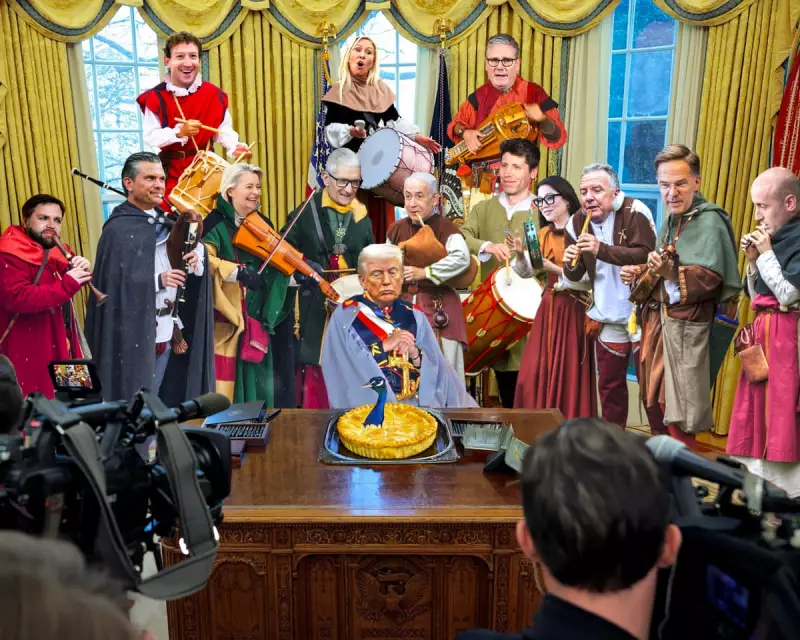
In a striking departure from decades of American diplomatic tradition, Donald Trump has perfected what critics are calling 'The Art of the Fawn' – a deliberate strategy of lavishing praise on some of the world's most notorious strongmen.
Fresh analysis of Trump's public statements reveals a calculated pattern of admiration directed at authoritarian regimes, particularly Russia's Vladimir Putin, China's Xi Jinping, and North Korea's Kim Jong-un. This approach represents a fundamental rewriting of the United States' engagement with adversarial governments.
The Praise Doctrine
Trump's approach stands in stark contrast to his treatment of Western democratic allies, whom he frequently criticises. His comments about Putin have been particularly effusive, describing the Russian leader as 'very smart' and 'savvy', despite ongoing aggression in Ukraine and allegations of election interference.
Regarding Xi Jinping, Trump has praised China's president as a 'brilliant man' and strong leader, even as tensions between Washington and Beijing reached historic heights during his administration.
Strategic Flattery or Genuine Admiration?
Foreign policy experts are divided on whether Trump's praise represents genuine personal admiration or a calculated negotiating tactic. Some analysts suggest it's a deliberate strategy to build personal rapport that might yield diplomatic breakthroughs.
However, critics argue that this approach dangerously legitimises authoritarian regimes while undermining democratic values and human rights concerns. The pattern has raised particular concern among NATO allies and democratic partners in Asia.
Contrast With Traditional Diplomacy
Traditional US foreign policy has maintained a careful balance between engagement with adversaries and consistent criticism of human rights abuses and anti-democratic practices. Trump's approach represents a radical break from this tradition.
His praise often comes at moments of particular tension or controversy, such as following allegations of election interference or human rights violations, creating diplomatic headaches for career State Department officials.
Implications for Future Policy
As Trump campaigns for a potential second term, foreign policy experts are closely watching whether this approach would become formalised into doctrine. The strategy raises fundamental questions about America's role in promoting democratic values abroad.
Allies in Europe and Asia have expressed private concerns about how this approach might affect global security arrangements and the international balance of power should Trump return to office.





